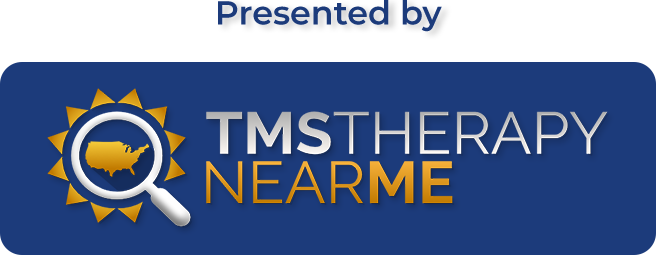In the quest for effective treatments for medication-resistant depression, consumers are increasingly turning to alternative therapies. Transcranial magnetic stimulation (TMS) therapy has emerged as a beacon of hope for those who have struggled with conventional treatments. This begs the question: how effective is TMS therapy in treating depression, and what sets it apart in terms of safety and results?
Depression and the Quest for Effective Treatment
Depression, a pervasive mental health disorder affecting over 17 million American adults, remains a formidable challenge. Traditional methods of treatment, primarily combining antidepressant drug therapy and psychotherapy, yield varied results. Despite initial optimism surrounding antidepressants, only 30% of patients experience relief during the first trial, and after multiple attempts, only about 50% find relief.
Decoding TMS Therapy
TMS therapy, classified under brain stimulation or neuromodulation techniques, represents a non-surgical, drug-free alternative with no downtime. Over a decade in use, TMS has assisted tens of thousands in overcoming depression that resisted conventional antidepressant approaches.
During a TMS session, conducted in a clinical office setting, patients remain fully alert. Lasting approximately 40 minutes, each session involves patients experiencing a gentle tapping sensation on the scalp as magnetic pulses are delivered through a coil. TMS utilizes magnetic fields to impact central nervous system activity, specifically targeting the left prefrontal cortex.
The Mechanism of TMS Therapy
TMS therapy zeroes in on the left prefrontal cortex, a key region regulating emotions, decision-making, and executive functions. Brain imaging has revealed underactive neural activity in this area among depressed patients. By delivering magnetic pulses to the brain cells through the scalp, TMS jumpstarts sluggish neurons, leading to consistent stimulation and potential improvements in mood, energy levels, concentration, and sleep quality.
Furthermore, TMS therapy has been linked to increased dopamine levels in the striatum, associated with feelings of pleasure and satisfaction. Evidence also suggests modulation of the GABA and glutamate systems, contributing to depression relief.
Effectiveness of TMS Therapy: A Scientific Perspective
Numerous clinical studies and trials worldwide have rigorously examined the safety and efficacy of TMS therapy, offering compelling insights into its effectiveness.
Key Clinical Studies:
- A 2010 multisite sham-controlled study involving 199 patients with major depressive disorder (MDD) demonstrated a 4.2 times higher chance of remission using TMS compared to sham.
- A multi-site observational study in 42 practice settings with 307 individuals suffering from medication-resistant MDD showed statistically significant improvement in response and remission rates after receiving up to 6 weeks of TMS therapy.
- A meta-study analysis of over 100 published clinical trials affirmed substantial evidence of efficacy and safety for daily left prefrontal TMS treatments, particularly for medication-resistant or intolerant patients.
- A 2010 multisite study from Rush University Medical Center involving 301 patients showcased statistically significant treatment results and a low relapse rate after a six-month period.
TMS Therapy Near Me: A Resource for Information and Guidance
Navigating the landscape of TMS therapy is made easier with resources like TMS Therapy Near Me. This online platform specializes in offering crucial information, provider resources, and research data about TMS therapy. For those seeking relief from medication-resistant depression and co-occurring anxiety disorders, TMS Therapy Near Me provides valuable insights and can assist in finding a qualified TMS provider. For more information or assistance, request a referral today.
Sources:
https://pubmed.ncbi.nlm.nih.gov/20439832/
https://pubmed.ncbi.nlm.nih.gov/25271871/
https://www.ncbi.nlm.nih.gov/pmc/articles/PMC5612370/
https://www.ncbi.nlm.nih.gov/pmc/articles/PMC8474312/

